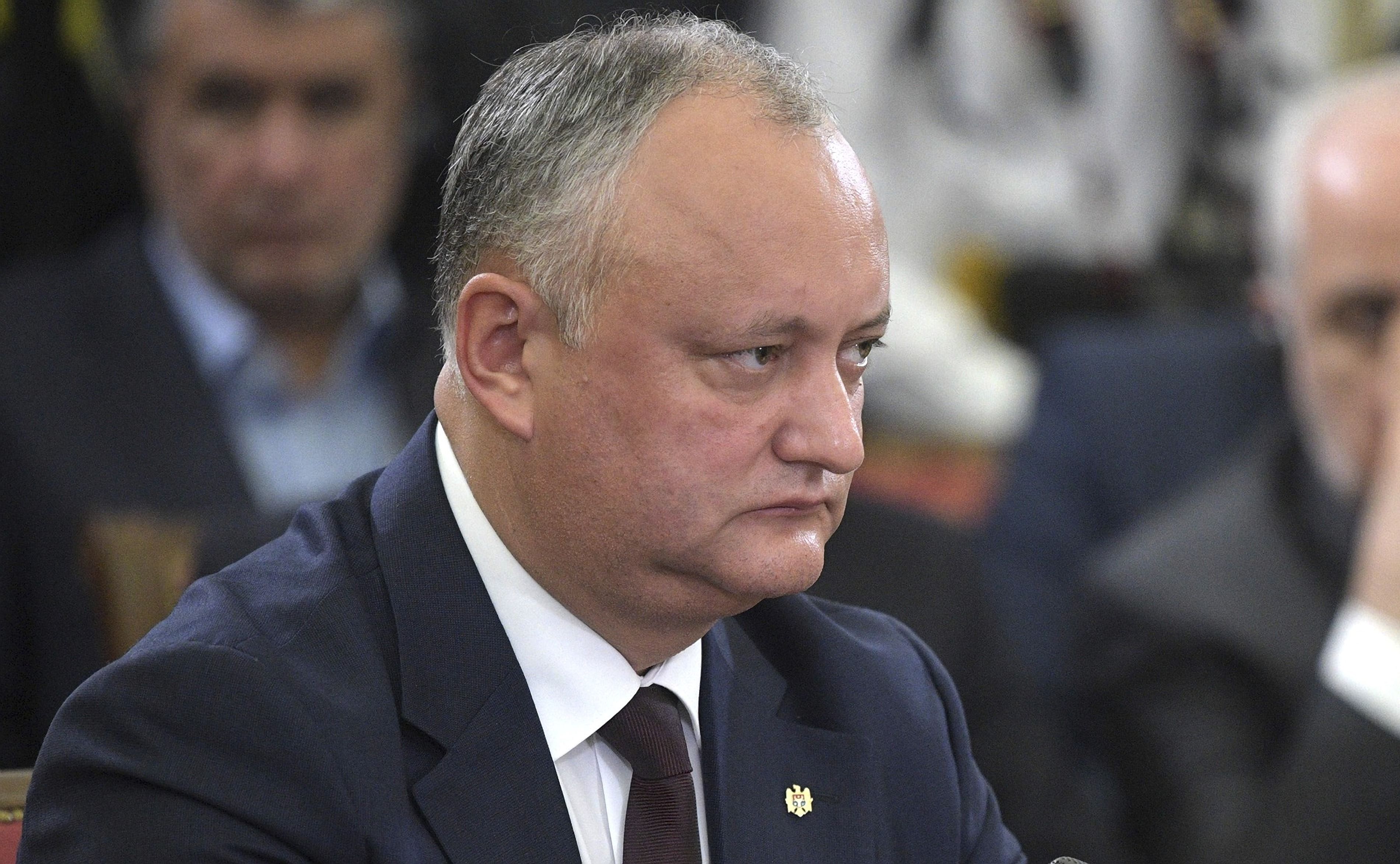Collapse of the “Grand Coalition” in Moldova

Why did PSRM vote no confidence in its own government?
A motion of no confidence was proposed by PSRM on 8 November. It was supported by PDM, which was removed from power five months ago by the grand coalition of PSRM and ACUM and supported by the EU, U.S., and Russia. On 6 November, Sandu’s government passed an amendment to a bill that would have terminated the candidate competition for an independent prosecutor and empower the prime minister to select the candidates. From these, the Superior Council of Prosecutors would have presented one to the president for nomination. The government used a special constitutional procedure called “accepting responsibility for the bill” to push the amendment into force three days after it passed unless parliament passed a motion of no confidence in the cabinet. President Dodon and PSRM assessed the change as negative to their interests and declared the revised procedure as incompatible with the constitution and international standards, and then called for the no-confidence motion.
Why didn’t Prime Minister Sandu give in to PSRM on the justice reform?
The elimination of the oligarchic political system, which in the past had been maintained by PDM in cooperation with PSRM and President Dodon, is treated by ACUM as necessary for the success of proEuropean reform in Moldova. That is why the bloc’s main postulate has been fighting corruption and the depoliticization of the justice system. The coalition agreement with PSRM assumed that law enforcement agencies would be apolitical. However, Dodon, instead of eliminating PDM’s influence, began to take over the services by appointing the heads of the Information and Security Service and the National Anticorruption Centre who were dependent on him and the party. According to ACUM, PSRM’s actions to block the election of an independent general prosecutor were caused by fears that the new person would undertake investigations exposing oligarchic links between PSRM and PDM leaders. That could threaten Dodon’s re-election in next year’s presidential election.
What is PSRM’s interest in a new coalition with ACUM?
PSRM’s goal was not to bring down the coalition, just to prevent the election of an independent prosecutor, which is why Dodon offered to renew the cooperation, provided that Sandu not stand as prime minister. However, the bloc rejected the offer. Given its electorate, PSRM cannot form an official coalition with PDM; therefore, on 13 November, the president designated Ion Chicu, his economic advisor and former finance minister in the PDM cabinet, to form a new cabinet. On the very next day, he formed a government, officially technocratic but in fact dependent on PSRM, and it received a vote of confidence. It was delivered by the Socialists but also by the Democrats, probably in exchange for guarantees that their oligarchic influence would be preserved. This means that an informal coalition of PDM-PSRM, which existed before June, has been restored, but the balance of forces within it has been reversed.
What does the collapse of the coalition mean for Moldova’s international orientation?
The fall of the Sandu government may hinder pro-European changes in Moldova. The changes so far have been noted and appreciated by the European Commission, which in July resumed the macroeconomic support suspended two years earlier due to the PDM’s undemocratic rule. In October, it approved paying the first €30 million tranche of a total of €100 million in support. Moldova has also received nearly €29 million to support reform of its police, energy, and financial policy. Dodon and PSRM, despite proRussia sympathies, will seek further financial support from the EU, and so they will avoid conflicts in relations with the Union, but they may only introduce minimal pro-European reforms or—as PDM used to do—will just fake them. Therefore, the EU should signal to the new Moldovan authorities that its support is tightly linked to real, reliable reform.


